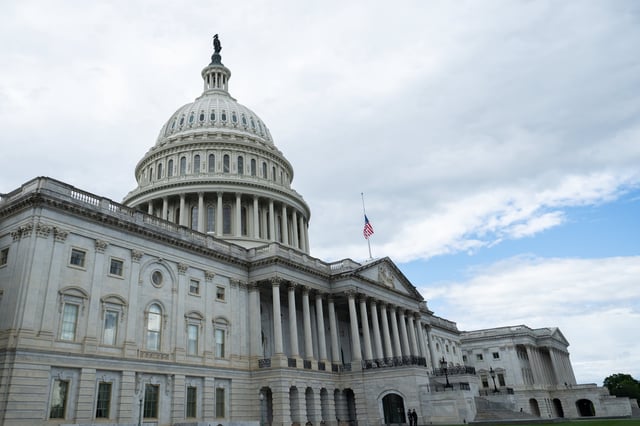Overview
- The Congressional Budget Office estimates the legislation will add about $3.1 trillion to the national debt over 10 years, with other models putting the total as high as $3.8 trillion including interest.
- The package pairs roughly $4 trillion in tax cuts—skewed toward high-income households—with reductions to Medicaid and food assistance to offset some of the cost.
- The legislation also raises the federal debt limit by $4 trillion, intensifying pressure on Senate Republicans who can afford only three defections under reconciliation rules.
- The White House Council of Economic Advisers claims the plan will achieve $1.6 trillion in savings over a decade, a figure disputed by independent analysts including the CBO and nonpartisan budget groups.
- Economists warn that the added borrowing will drive up U.S. Treasury yields, leading to higher mortgage and consumer loan rates nationwide.


